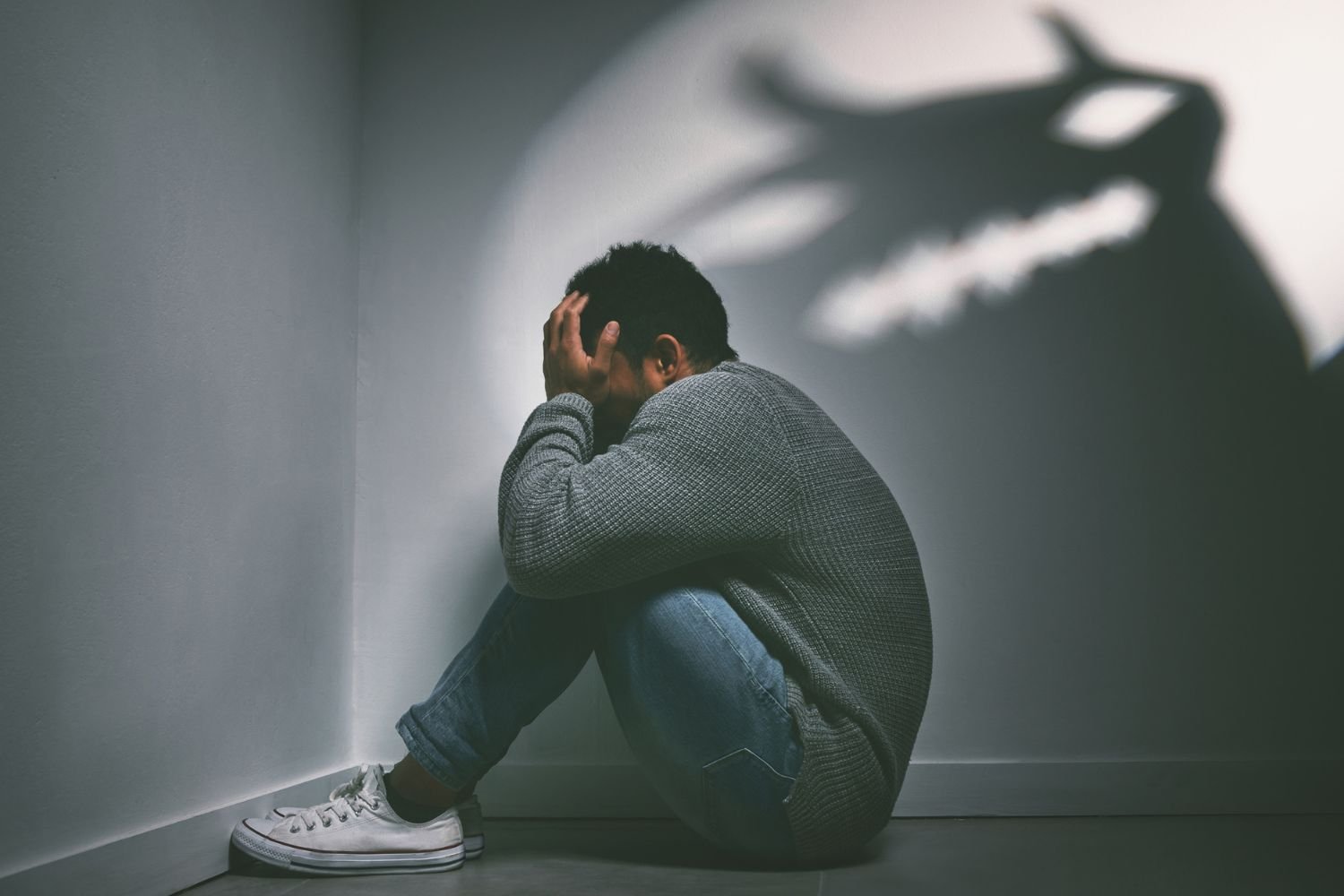Understanding TRAUMATIC STRESS: A Silent Struggle That Needs a Voice
Life can change in an instant. A sudden accident, the shock of violence, the loss of a loved one, or witnessing something horrific—these are not just events; they can leave deep psychological wounds. This is where traumatic stress begins.
Also Read: How Comparing Yourself To Others Can Affect Your Mental Health
While everyday stress comes and goes, traumatic stress can linger, affecting your thoughts, emotions, and even your body long after the danger has passed.
What Is Traumatic Stress?
Traumatic stress is a psychological response to a deeply distressing or disturbing event that overwhelms your ability to cope. It often involves a threat to your life, sense of safety, or emotional security.
Also Read: How to SET BOUNDARIES at Work Without Guilt, 7 Steps To Consider
Unlike typical stress, which may fade with time or relief, traumatic stress can persist and turn into Post-Traumatic Stress Disorder (PTSD) if not properly addressed.
Common Causes of Traumatic Stress
Physical or sexual assault
Natural disasters (earthquakes, floods, fires)
Military combat or war
Car accidents
Abuse (physical, emotional, or verbal)
Sudden loss of a loved one
Serious illness or medical trauma
Witnessing violence
 Trauma can be firsthand (experienced directly) or secondary (witnessed or heard about), such as in the case of healthcare workers or journalists.
Trauma can be firsthand (experienced directly) or secondary (witnessed or heard about), such as in the case of healthcare workers or journalists.
Signs and Symptoms of Traumatic Stress
People respond to trauma differently, but some common symptoms include:
Emotional Symptoms:
Flashbacks or nightmares
Mood swings, anger, or irritability
Anxiety or panic attacks
Emotional numbness or detachment
Fear, guilt, or shame
Physical Symptoms:
Sleep disturbances or insomnia
Fatigue or lack of energy
Headaches or stomachaches
Rapid heartbeat or sweating
Behavioral Symptoms:
Avoidance of reminders (places, people, situations)
Social withdrawal or isolation
Difficulty concentrating
The Long-Term Effects
If left unaddressed, traumatic stress can lead to:
PTSD (Post-Traumatic Stress Disorder)
Depression and anxiety disorders
Substance use disorders
Relationship problems
Chronic health issues, like heart disease and weakened immunity
How to Cope and Heal from Traumatic Stress
Also Read: How Comparing Yourself To Others Can Affect Your Mental Health
Healing is not linear, everyone moves at their own pace. But with time, support, and care, recovery is possible.
1. Acknowledge the Trauma
It’s okay to admit that you’re struggling. Ignoring or suppressing traumatic stress only gives it more power.
2. Seek Professional Help
Therapists trained in trauma, such as those offering CBT (Cognitive Behavioral Therapy) or EMDR (Eye Movement Desensitization and Reprocessing), can help reframe and process traumatic memories.
3. Create a Support System
Surround yourself with understanding, non-judgmental people. Whether it’s friends, family, or support groups, connection is healing.
4. Practice Grounding Techniques
Mindfulness, deep breathing, or grounding exercises (like focusing on your senses) can help during moments of panic or flashbacks.
5. Take Care of Your Body
Regular sleep, healthy eating, and gentle movement like yoga or walking help regulate your nervous system.
6. Set Boundaries
Avoid environments or people that trigger stress. It’s okay to say no and prioritize your well-being.
You Are Not Alone
Trauma can make you feel broken or unsafe but your reaction is not a sign of weakness. It’s your body and mind’s way of protecting you. Recovery is possible, and you are worthy of healing.
Final Thoughts
We often can’t control what happens to us, but we can control how we respond, process, and move forward. If you or someone you know is struggling with traumatic stress, don’t wait. Reach out. Speak up. Healing starts with one brave step.




